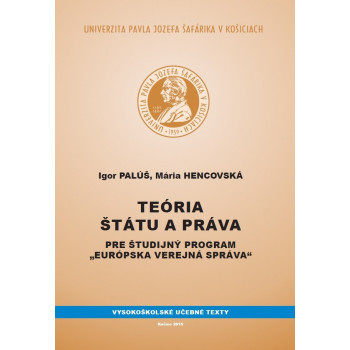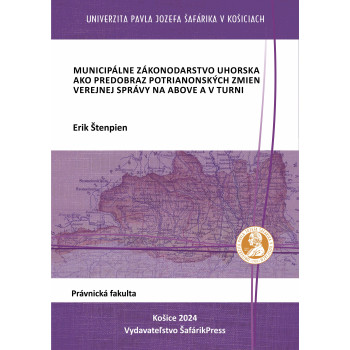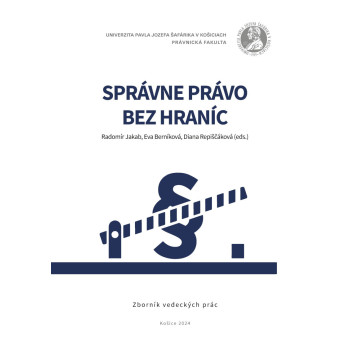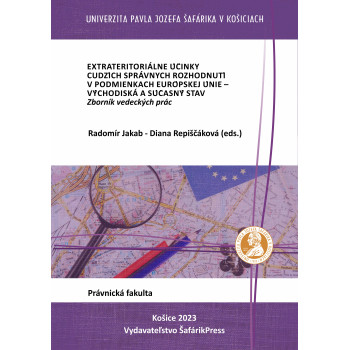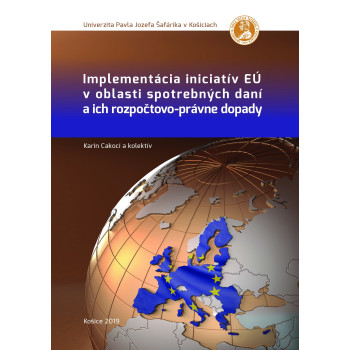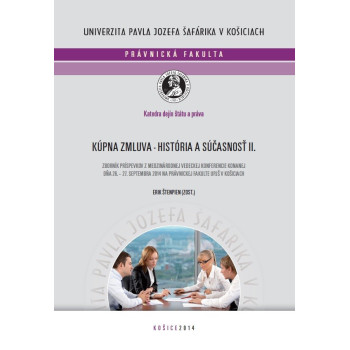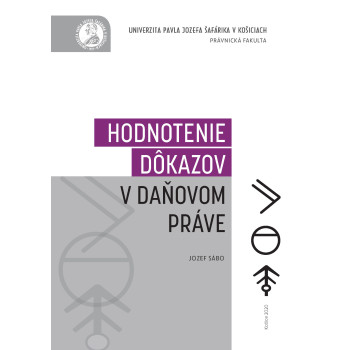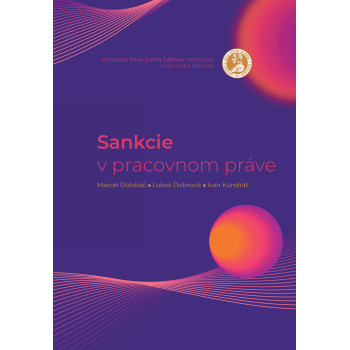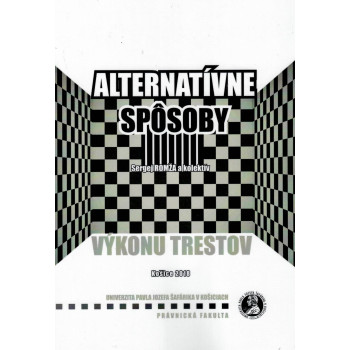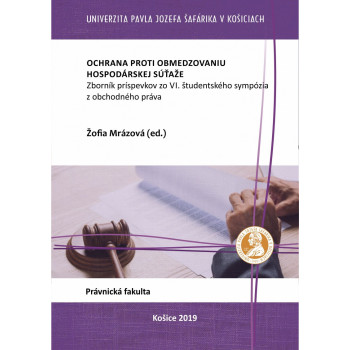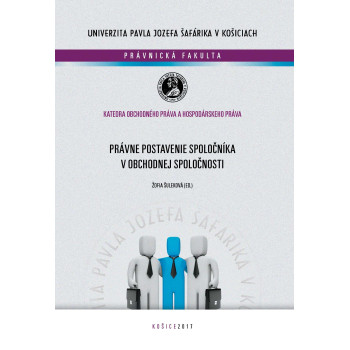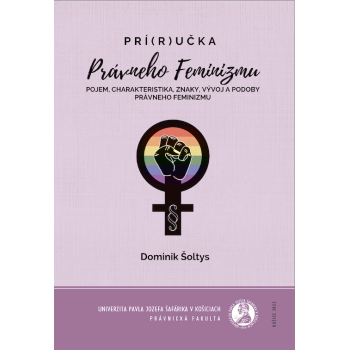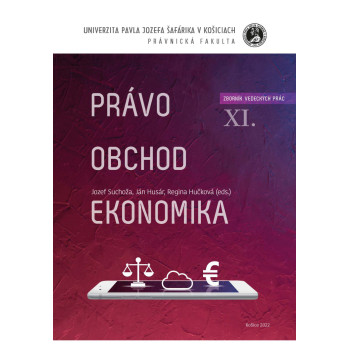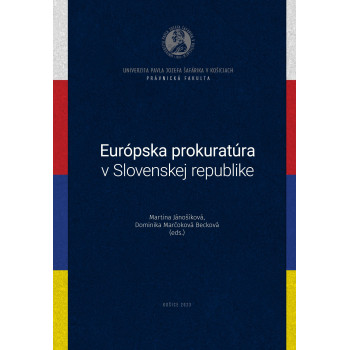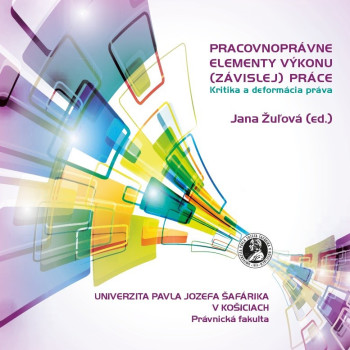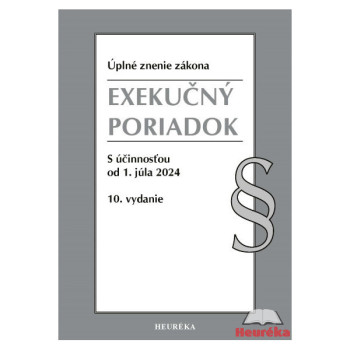
Teória štátu a práva pre študijný program...
Predložené učebné texty obsahujú vybrané témy z teórie štátu, štátovedy, ústavného práva a teórie práva, v takom rozsahu a skladbe, aby poskytovali dostatok informácii študentom pre absolvovanie povinného študijného predmetu Teória štátu a práva, a súčasne vytvorili solídny základ propedeutického charakteru pre nadväzujúce právne študijné predmety.
Autori pri tvorbe učebných textov rešpektovali zaradenie študijného programu „európska verejná správa“ do študijného odboru verejná politika a verejná správa, čo znamená, že ide o neprávnický študijný program a študijný predmet, pre ktorý je učebný text určený, je zaradený do prvého semestra. Študijný program európska verejná správa je naviac špecifický tým, že nadväzujúce právne študijné predmety sa zameriavajú najmä na poznávanie inštitucionálneho fungovania Európskej únie, jej jednotlivých orgánov a práva Európskej únie. Predkladané učebné texty by mali možnú absenciu poznatkov zo slovenského právneho poriadku v nevyhnutnej miere doplniť.
Autori



